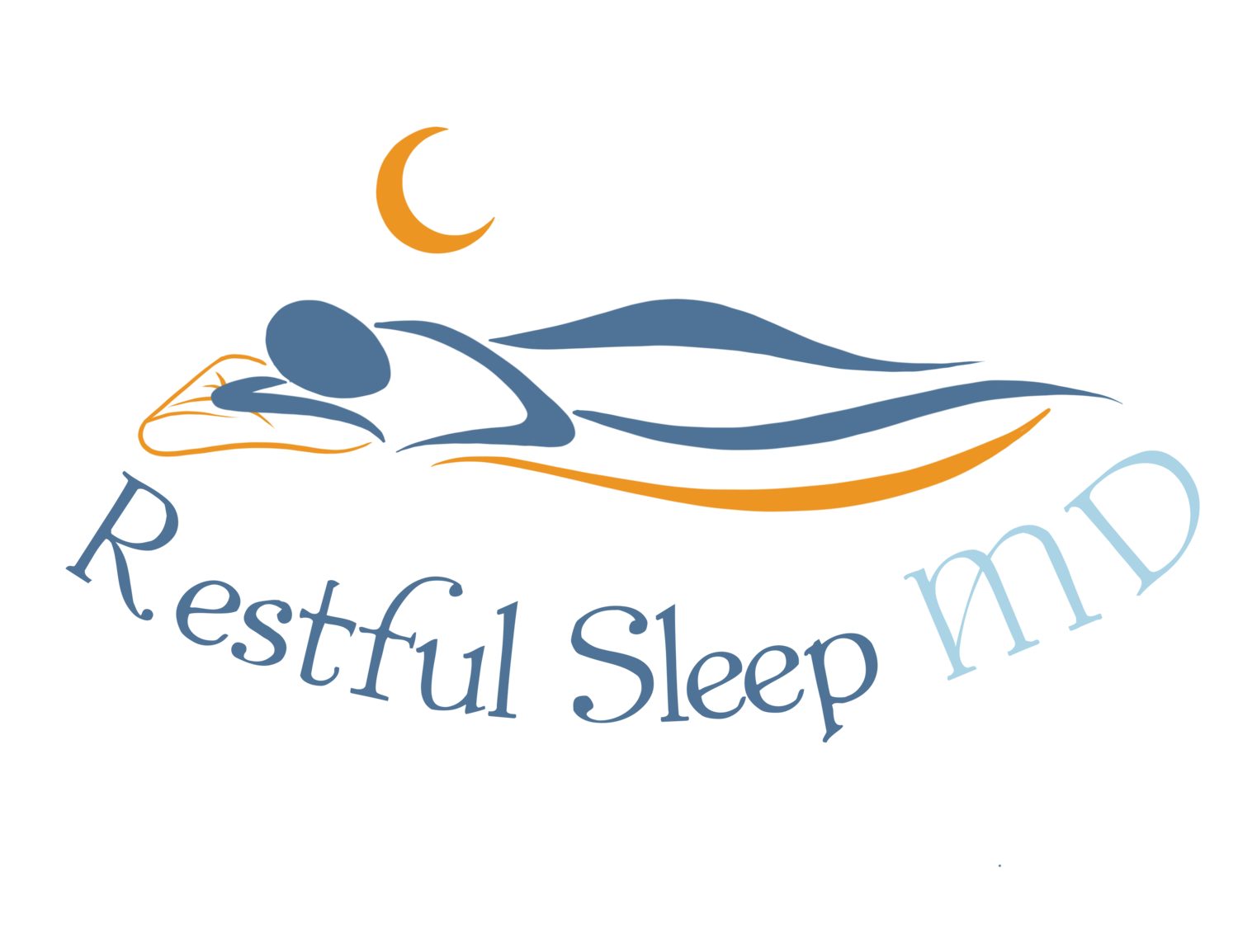Do I Sleep Well or Not?
Sleep is an essential component of our overall health and well-being. Yet, many of us often find ourselves questioning the quality of our sleep. Are we truly getting the restorative sleep we need to function at our best? Let’s explore the factors that define good sleep, what can interfere with it and how the sleep disorder diagnostic services offered by Restful Sleep MD in Philadelphia can help improve your sleep quality.
What Constitutes Good Sleep?
Good sleep is not merely about the number of hours spent in bed; it encompasses various factors that contribute to restful and rejuvenating sleep. According to the National Sleep Foundation, adults aged 18 to 64 should aim for 7 to 9 hours of sleep per night, while older adults may require slightly less. However, the quality of sleep is equally important. Good sleep is characterized by:
Sleep Continuity: The ability to fall asleep quickly and stay asleep throughout the night without frequent awakenings.
Restfulness: Waking up feeling refreshed and energized, rather than groggy or fatigued.
Balanced Sleep Cycles: Experiencing a healthy mix of REM (Rapid Eye Movement) and non-REM sleep, both of which play vital roles in cognitive function and physical health.
Consistency: Going to bed and waking up at the same time each day to regulate your circadian rhythm.
Factors That Enhance Good Sleep
Several elements can contribute to a good night's rest, including:
Sleep Environment: Creating a comfortable sleep environment can make a significant difference. This includes a dark, quiet room, an appropriate mattress and pillows and maintaining a cool temperature.
Sleep Hygiene: Good sleep hygiene, such as avoiding caffeine and heavy meals close to bedtime, can greatly impact sleep quality. Limiting screen time from devices that emit blue light is also important, as it can interfere with the body’s natural sleep-wake cycle.
Physical Activity: Regular physical activity has been shown to improve sleep quality. However, it is best to engage in vigorous exercise earlier in the day rather than right before bedtime.
Relaxation Techniques: Incorporating meditation, deep breathing or gentle yoga before bedtime can help calm the mind and prepare the body for sleep.
What Can Hinder Your Sleep?
Despite our best efforts, various factors can hinder our ability to obtain restful sleep. Here are some common sleep disruptors:
Stress and Anxiety: Daily stressors or anxiety can cause racing thoughts, making it difficult to relax and fall asleep. A survey by the American Psychological Association found that nearly 40% of Americans report that stress negatively affects their sleep.
Sleep Disorders: Conditions such as insomnia, sleep apnea and restless leg syndrome are significant barriers to healthy sleep. Insomnia affects approximately 10% of the adult population, while obstructive sleep apnea—a serious condition characterized by interrupted breathing during sleep—affects up to 18 million Americans.
Medications: Certain medications can impede sleep. Many common prescriptions, including those for high blood pressure, depression or asthma, may have side effects that disrupt sleep patterns.
Lifestyle Choices: Irregular work hours, particularly in shift work, can considerably affect sleep quality. Additionally, excessive alcohol consumption, although it may initially induce sleep, often leads to fragmented and poor-quality rest.
How Restful Sleep MD Can Help
If you struggle with sleep issues, Restful Sleep MD can help. Dr. Funke Afolabi-Brown, a triple-board-certified sleep medicine physician, leads our mission to transform your relationship with sleep.
Dr. Brown’s extensive experience as a clinician and a parent who has faced her own sleep challenges provides her with a unique perspective on the importance of quality sleep. Her approach goes beyond diagnosis; it empowers you to prioritize sleep as a pathway to optimal health and well-being.
Restful Sleep MD offers comprehensive sleep disorder diagnostic services tailored to your specific needs. This includes:
Sleep Studies: Overnight sleep studies can help identify underlying sleep disorders, such as sleep apnea, and guide personalized treatment.
Behavioral Therapy: Cognitive Behavioral Therapy for Insomnia (CBT-I) is a proven method to address chronic insomnia and improve sleep hygiene.
Lifestyle Coaching: We offer tailored strategies to help you implement healthy sleep habits and manage stress effectively.
Dr. Brown is a leading voice in sleep medicine and collaborates with organizations to promote collective well-being in the workplace. Her passion for helping others understand the transformative power of sleep is at the heart of Restful Sleep MD’s mission.
Get the Sleep You Need
Understanding whether you sleep well involves examining the quantity and quality of your sleep. You can take significant steps toward improving your sleep health by recognizing the factors that enhance restful sleep and the barriers that hinder it. If sleep issues persist, the expert team at Restful Sleep MD is here to help you navigate your journey to better sleep and, ultimately, a healthier you. Prioritize your sleep—it’s time to discover how sleep can truly be your superpower.



